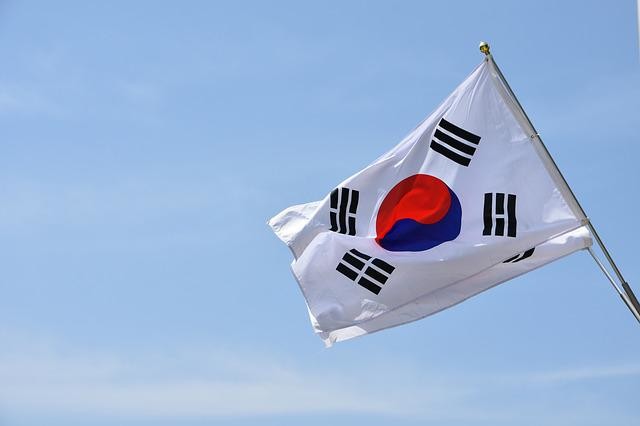
[The Public = Daniel Park] The first ministerial meeting was held with the launch of the Indo-Pacific Economic Framework (IPEF), a multilateral economic cooperation organization led by the United States. IPEF is a huge economic cooperation body in which 12 major Indo-Pacific countries including Korea and the United States participate. Along with the expectation that our competitiveness will be strengthened in the process of reorganizing the new global supply chain, some point out that concrete economic strategies for the national interest should be considered.
According to the Ministry of Trade, Industry and Energy on the 24th, Ahn Deok-geun, the head of trade negotiations, attended the ministerial meeting of participating countries held right after the IPEF inauguration summit on the 23rd. The Ministerial Meeting was attended by the ministers of 13 countries who joined the IPEF as inauguration members. Ministers of 13 countries discussed the establishment of norms and cooperative measures such as supply chain, digital, and clean energy on the same day.
IPEF is a comprehensive economic partnership in the Indo-Pacific region to jointly respond to new trade agendas such as digital, supply chain, and clean energy. US President Joe Biden presided over the launch of the IPEF for Prosperity in Tokyo, Japan on the 23rd and announced the official launch. A total of 13 countries including Korea, the United States, Japan, Australia, New Zealand, Brunei, Indonesia, Malaysia, the Philippines, Singapore, Thailand, Vietnam, and India have confirmed their participation in the IPEF.
IPEF is a larger economic bloc than the Regional Comprehensive Economic Partnership (RCEP) and the Comprehensive and Progressive Trans-Pacific Partnership (CPTPP) in terms of gross domestic product (GDP) and population. The GDP of these countries is 34.6 trillion dollars, which is a huge market accounting for 40.9% of world trade. The GDPs of countries participating in the RCEP and CPTPP, which Korea is considering participating in, are $26.1 trillion and $10.8 trillion, respectively.
The government expects that as Korea participates in the IPEF as a founding country, it will be able to play a role as a 'rule maker' that creates trade order in a huge market. In addition, participation in IPEF is expected to be of great help to Korean companies in stabilizing and diversifying their supply chains, strengthening competitiveness, and expanding opportunities for overseas expansion. In particular, in the event of a supply chain crisis, such as a specific mineral, it is expected that the crisis response will be possible by sharing information among countries in the region.
The IPEF will also hold a ministerial level meeting next month. This is to continue the discussion by IPEF detailed agenda. The government plans to actively reflect the opinions of stakeholders, including industry and experts, in discussions to be held at the IPEF in the future.
◇Four major agendas including fair trade, anti-corruption, and decarbonization energy cooperation
IPEF's main agenda is largely composed of four pillars: fair trade, supply chain stability, infrastructure and decarbonization energy cooperation, and anti-corruption and tax cooperation. The most important sector is fair and resilient trade. These are values such as regulation and development of new technologies and standards in the digital economy area, reflection of desirable values in terms of labor and environment in the economy, and securing institutional transparency.
The second area is to secure 'supply chain stability', which has been identified as a risk after Corona 19, the third area is cooperation between infrastructure and carbon-free clean energy, and the fourth area is to prepare anti-corruption standards and tax cooperation standards.
IPEF is an economic cooperation led by the United States and has a strong character to keep China in check. Liberal orders or norms are likely to be “not accepted by China.” Even if you do not raise your voice, it naturally becomes a framework to contain China. It is a strategy to isolate China, especially in high-tech industries. In fact, areas that China has been sensitive to, such as trade and supply chain, taxation and anti-corruption, are key agenda items.
The joint statement agreed by the leaders of the Republic of Korea and the United States also contains phrases that may stimulate China, such as 'promoting international order based on democracy and norms, eradicating corruption and promoting human rights' and 'peace and stability in the South China Sea and the Taiwan Strait.' For this reason, it is evaluated that it is the starting point of a new route, 'America for both security and economy' instead of the strategic ambiguity of 'the United States for security and China for the economy'.
The Public / Daniel Park webmaster@thepublic.kr
더퍼블릭 / Daniel Park webmaster@thepublic.kr
